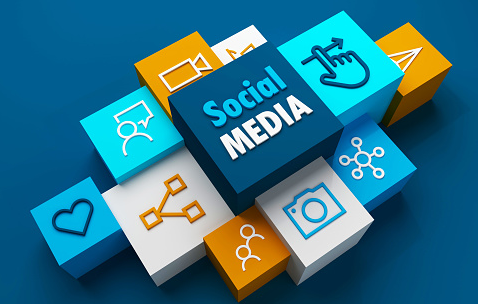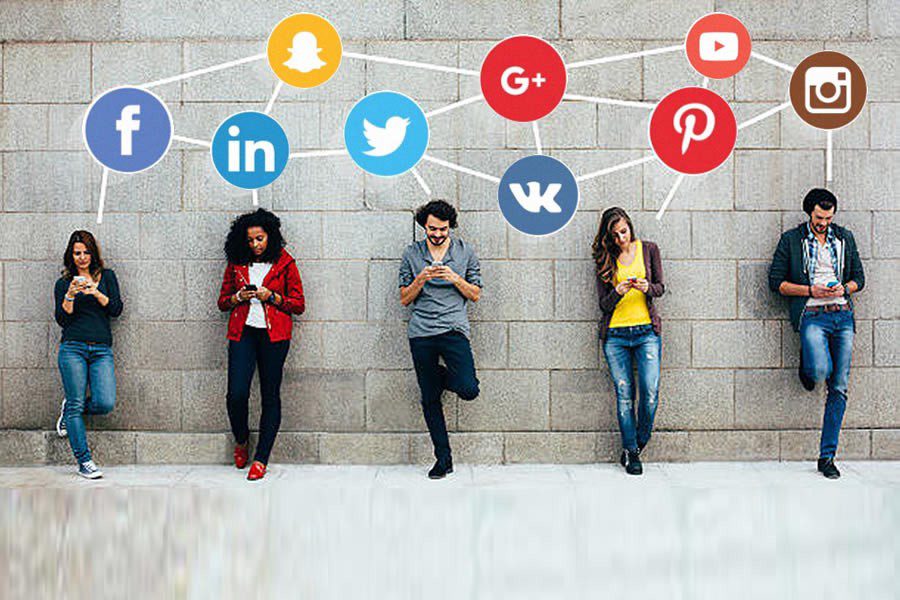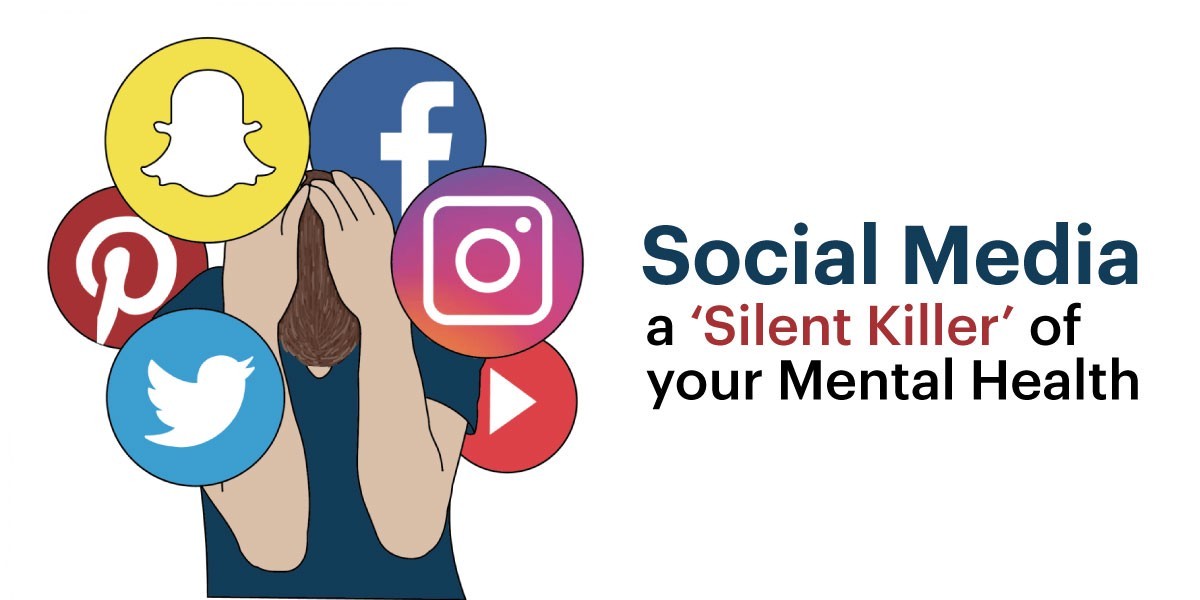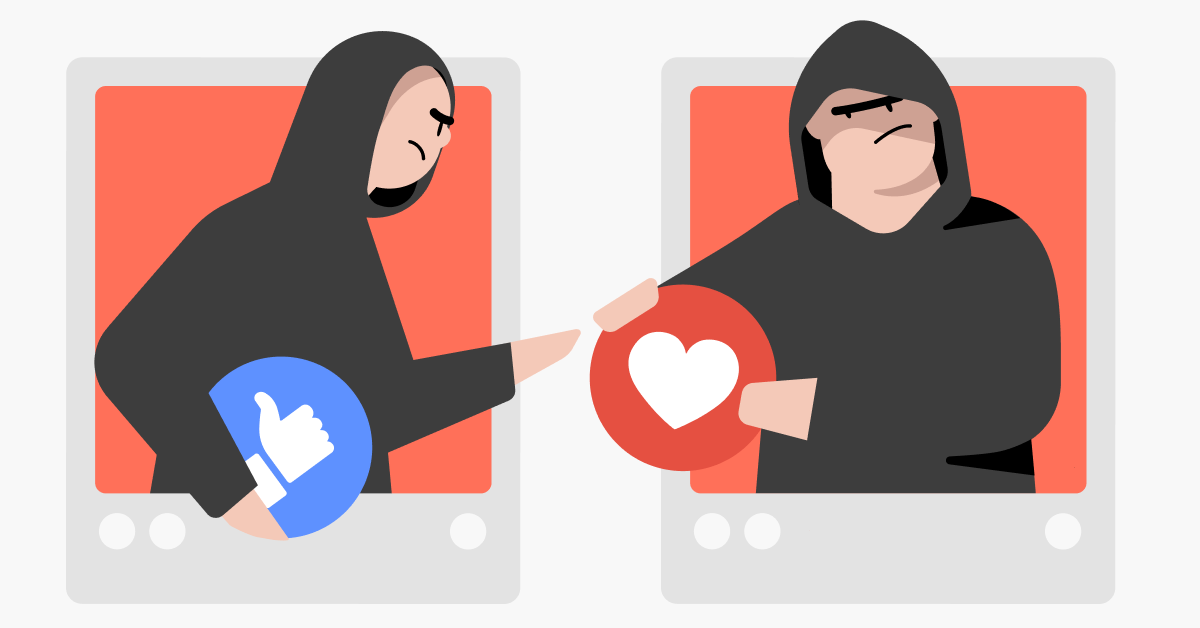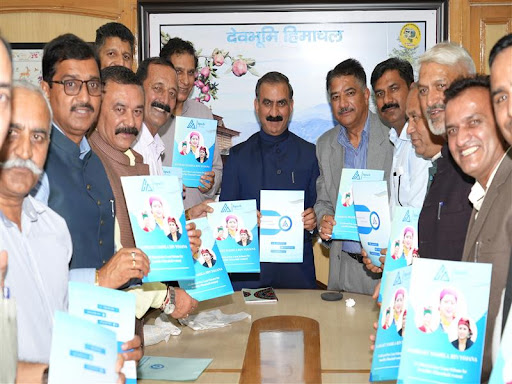The Impact of Social Media on Society
Social media has become essential to how individuals connect, communicate, and consume information in today's world. While technology has many advantages, such as improved connectivity and quick access to information, its effects on society are complex and diverse. The numerous ways that social media affects people, groups, and larger society dynamics are examined in this article.


Social media has had a profound impact on modern society. It has transformed the way we communicate, share information, and consume media. While it has brought about many positive changes, such as the democratization of information and increased connectivity, it has also had negative effects, such as the spread of misinformation and the amplification of hate speech.
Communication and Connectivity
Social media platforms like Instagram, Twitter, and Facebook have entirely altered how people communicate around the world. They remove geographical barriers to allow real-time contact and promote a sense of international community. Regardless of physical distance, people may have quick conversations, create communities based on shared interests, and preserve relationships. In addition, the platforms support cross-cultural dialogue, crisis communication, and corporate networking, all of which contribute to a world that is increasingly linked and understanding.
Information Dissemination
Social media serves as a powerful tool for the rapid dissemination of information. News, trends, and updates spread quickly through platforms, providing users with real-time access to a wide range of content. However, the speed at which information spreads can also lead to the rapid circulation of misinformation and fake news, raising concerns about the reliability of the content shared on these platforms. Social media platforms have become a breeding ground for fake news and conspiracy theories, which can spread rapidly and have real-world consequences. For example, misinformation about the COVID-19 vaccine has led to low vaccination rates and increased deaths from the virus.
Privacy Concerns
The use of social media raises privacy concerns due to extensive data collection, third-party access, and potential misuse of personal information. Issues include location tracking, facial recognition, opaque algorithms, and the risk of data breaches. Government surveillance requests, the monetization of user data, and complex privacy settings contribute to ongoing debates about the balance between personalized experiences and protecting individual privacy. Addressing these concerns requires transparency, user education, and a careful evaluation of data practices.
You may also read : https://himachal.blog/himachal-pradesh-statehood-day-a-glimpse-into-history-culture-and-celebrations/
Political Influence
Social media has had a significant impact on politics and social issues. Social media has become a platform for political activism, with movements such as Black Lives Matter and MeToo gaining momentum through social media campaigns. However, social media has also been criticized for its role in the spread of hate speech and the radicalization of extremist groups.
Conclusion
Social media has had a profound impact on society, transforming the way we communicate, share information, and consume media. While it has brought about many positive changes, such as increased connectivity and the democratization of information, it has also had negative effects, such as the spread of misinformation and the amplification of hate speech. As social media continues to evolve, it is essential to recognize both the positive and negative impacts it has on society and take steps to mitigate its negative effects.





